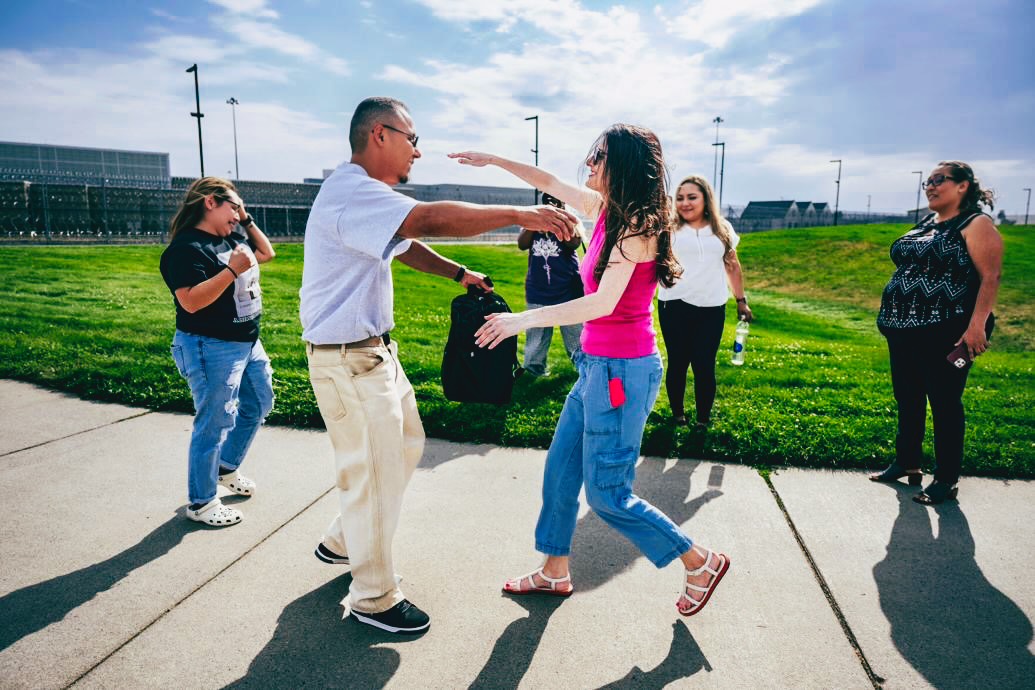At a Glance
- Innocent Years Served: 9 Years
- Sentence: 26 Years
- Wrongful Conviction: Aggravated Murder in the First Degree, First-Degree Felony Murder, Possession of Methamphetamine
- Year: 1996
- Jurisdiction: Cowlitz County
- Released: August 5, 2022
- Exonerated:
- Cost of Wrongful Incarceration*: $1,654,276
- Lost Wages**: $1,722,032



